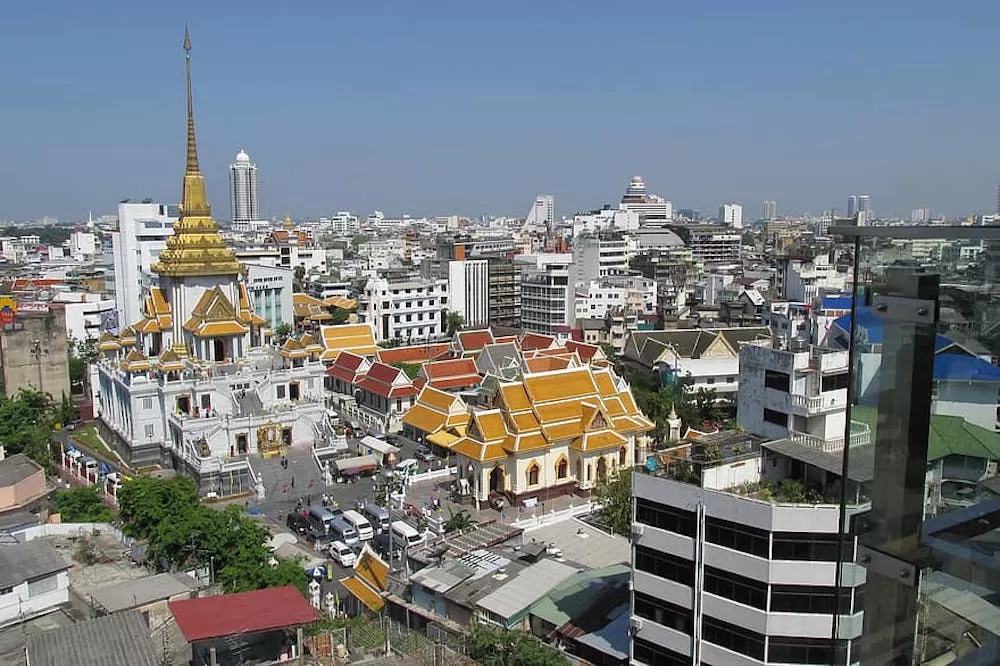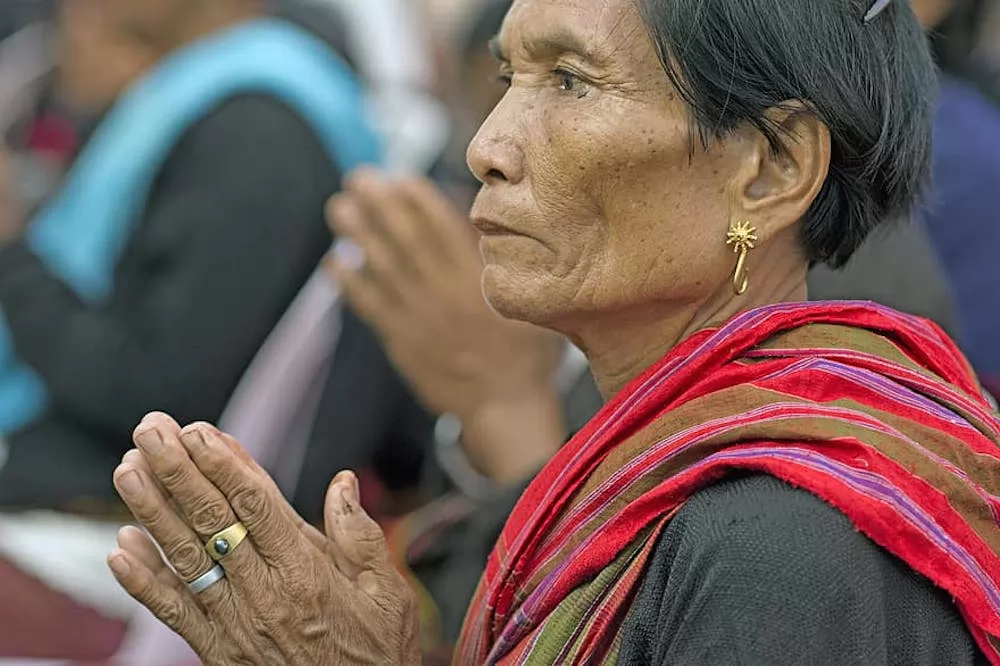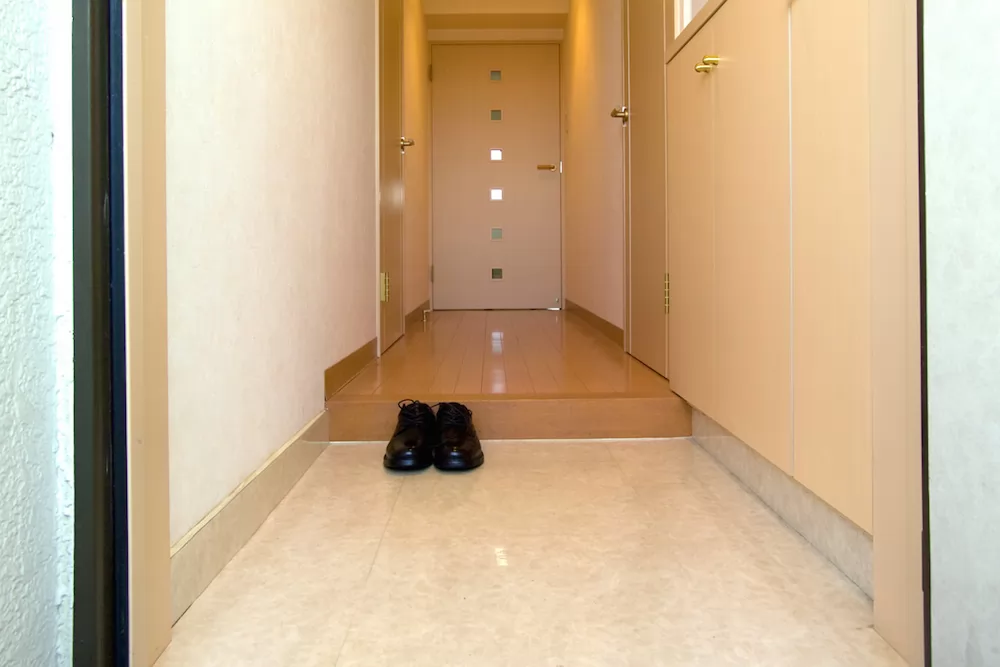
Unlike in most Western countries wherein the remaining monarchs are either forgotten or relegated to tourist-drawing icons, Thailand has a deep respect for its royal family. So much so that they've even imposed rules on how Thai people should act in their presence, which has garnered some controversy over the years. Still, even if you're a foreign national in the country, you must respect the King at all times. You're not even allowed to mishandle or even fold the currency here, which bears the monarch's image. Any act that disrespects him can get you to pay a high fine or possibly even jailed.
Don't mistake the bowed greeting of Thais as that of those in China Japan, and Korea. Thai people greet with a 'wai,' which is comprised of putting your hands together in a prayer-like position and bowing slightly. The bow is only a slight tilt, not a 45-degre angle as in other Asian nations. And her in Thailand, it's considered rude if you don't greet back with a wai. When a local grets you with a wai, you're required by etiquette to do the same. It's simply good manners and not doing so can get you in slight trouble. not necessary legal trouble but one that you'd rather avoid nonetheless.

Asian people in general are known to be calm and reserved. Very rarely will you see them make a fuss or start a scene, especially in a polite society. The Thai people are a good example of that. You'll rarely see a Thai local scream or throw a tantrum openly in the country. There ar some exceptions, yes, but very few. And in turn, they expect visitors to grant them the same courtesy. If you're from a Western country, you might be more familiar with the confrotational nature of things, but it's different here in Thailand. For as much as you can, always stay calm and keep your cool.
It's safe to say that pointing at people, no matter where you are in the world, is often considered rude and offensive. But here in Thailand, it's particuarlly unbecoming. Do not, under any circumstances, point at people here. Most especially if you're not even communicating with said person in the first place. If you need to catch someone's attention, you can simply motion to him/her with your chin. Eye-contact is also an effective way to communicate with a person that's slightly distant from you. And if you need to call someone to go to you, do a patting motion with your fingers strightend out and your palm facing the ground.

Not many people may know this but in Thai culture, one's head is considered a scared part of the body. As a result, it's considered rude to pat or touch another person's scalp with any warrant. While a pat on the head is often understood to be a sign of affection in other countries, here in Thaialnd, it's practically the opposite. You shouldn't even rest your hand on another person's head while you're tightly packed in a city's public transport system. As much as you can, keep physical contact below the head. You shouldn't ruffle's one's hair as well, no matter how close you are with them.
In many Asian countries, when you're invited to someone's house, it's proper manners to ake your shoes off before going inside. This rings true in Thailand as well. When you're invted by a local to come see his home, be it an apartment in a nice Bangkok neighborhood or a small house in a rural province, you should take off your shoes before entering. In fact, you might even expect some commercial establishments to require you to do the same. And if your host doesn't ask you to do it, if you see a pile of shoes ina corner by the entrance of the home, it means he/she will expect you do it nonetheless.

What makes Thailand such a worthwhile place to visit it the country's connection and respect to its culture and tradition. As a result, there are certain rules and customs that you should follow when you're here.
Even when you choose a Thai luxury home to stay in that's located in a modern place in the country, you should still follow these rules and practice these customs.